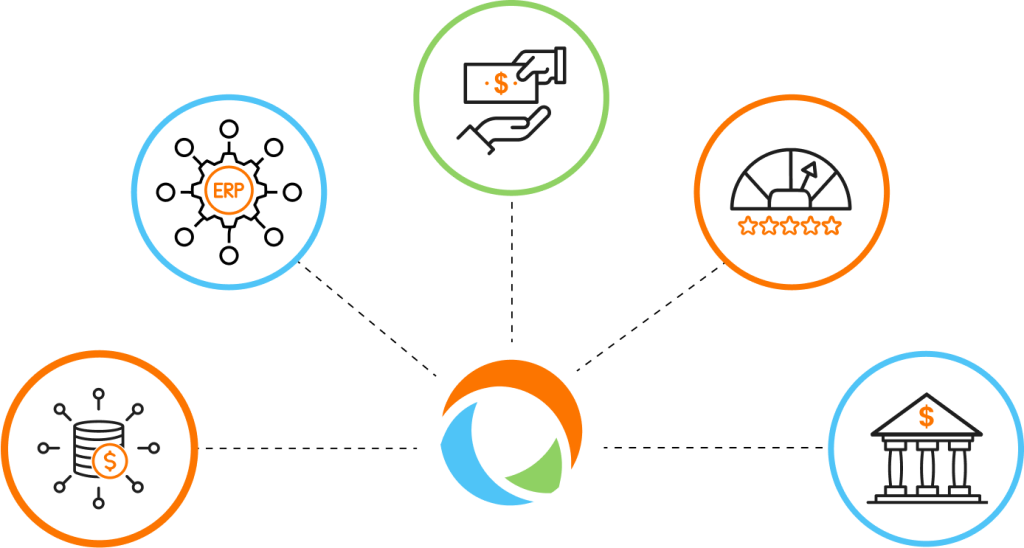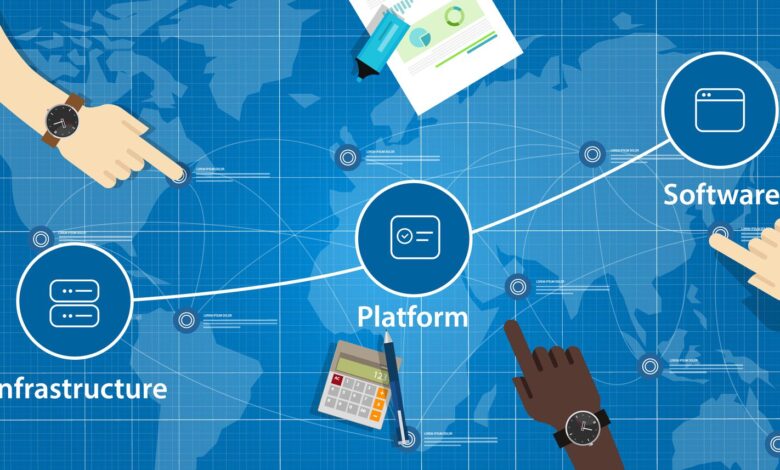AUTHOR :HAANA TINE
DATE :29/02/2024
In today’s digital age, where online transactions[1] have become the norm, having a reliable payment processor[2] is essential for businesses of all sizes. In India, a rapidly growing economy with a thriving e-commerce[3] sector, the demand for efficient payment processing[4] solutions is higher than ever. This article explores the landscape of payment processor software platforms[5] in India, highlighting key features, benefits, user experience, and future trends.
Introduction to Payment Processor Software
Payment processor[1] software plays a crucial role in facilitating online transactions[2] by securely transmitting payment[3] data between merchants, customers, and then financial institutions[4]. These platforms ensure seamless and secure transactions, enabling businesses to accept payments from various channels, including credit/debit cards[5], mobile wallets, and net banking.
Overview of Payment Processor Software Platforms in India
In India, several payment processor software platforms dominate the market, catering to the diverse needs of businesses across industries. Leading names include Paytm, Razorpay, Instamojo, and Cashfree, among others. Each platform offers unique features and benefits tailored to the specific requirements of businesses operating in the Indian market.
Features and Benefits
Security Measures
Payment processor software platforms in India prioritize security to safeguard sensitive payment information and prevent fraud.
Integration Capabilities

These platforms offer seamless integration with popular e-commerce platforms, content management systems (CMS), and accounting software, allowing businesses to streamline their operations and then manage payments more efficiently.
Customer Support
Dedicated customer support teams assist merchants in setting up their accounts, resolving technical issues, and optimizing their payment processes. Prompt and reliable support is essential for ensuring smooth transactions and resolving any issues that may arise.
Pricing Models
Payment processor software platforms in India offer various pricing models to suit the diverse needs and also budgets of businesses. These may include subscription-based plans, transaction-based fees, or customized pricing based on specific requirements.
User Interface and Experience
A user-friendly interface is crucial for merchants to navigate the payment processor software efficiently. Intuitive dashboards, clear transaction records, and also easy access to analytics contribute to a positive user experience.
Compatibility and Integration
Payment processor software platforms in India are designed to be compatible with a wide range of devices and operating systems, ensuring accessibility for merchants and customers alike. Additionally, seamless integration with other business tools enhances efficiency and productivity.
Customer Reviews and Satisfaction
User feedback plays a significant role in evaluating the performance of payment processor software platforms. Positive reviews highlight the reliability, security, and convenience of the platform, while constructive criticism helps identify areas for improvement.
Future Trends and Innovations
The future of payment processor software in India is marked by advancements in technology, such as artificial intelligence (AI), machine learning, and blockchain.
Understanding the Landscape
In a diverse market like India, where businesses range from small startups to multinational corporations, the payment processing landscape is equally diverse. Several homegrown and international players compete for market share, each offering unique features and benefits tailored to different business needs.
Security Measures and Compliance
One of the primary concerns for businesses and also consumers alike is the security of online transactions. Payment processor software platforms in India employ state-of-the-art encryption technologies and adhere to stringent security standards to protect sensitive financial information from unauthorized access or fraud.
Integration and Customization
Another key aspect of payment processor software is its ability to integrate seamlessly with other business tools and software applications.
Furthermore, many payment processor software platforms offer customizable solutions to meet the specific requirements of businesses operating in different industries or regions. From tailored pricing plans to personalized features, customization options allow businesses to optimize their payment processing workflows for maximum effectiveness.
Conclusion
In conclusion, payment processor software platforms play a vital role in facilitating online transactions and driving the growth of e-commerce in India. With their robust security measures, seamless integration capabilities, and user-friendly interfaces, these platforms empower businesses to thrive in the digital marketplace. As technology continues to evolve, we can expect further innovations that will revolutionize the payment processing landscape in India.
FAQs
- What is payment processor software? Payment processor software facilitates secure online transactions by transmitting payment data between merchants, customers, and then financial institutions.
- Which are the leading payment processor software platforms in India? Leading names in India include Paytm, Razorpay, Instamojo, and also Cashfree, among others.
- What features should businesses look for in payment processor software? Essential features include robust security measures, seamless integration capabilities, and also responsive customer support.
- How do pricing models for payment processor software work? Pricing models may include subscription-based plans, transaction-based fees, or customized pricing based on specific requirements.
- What are the future trends in payment processor software? Future trends include advancements in technology such as AI, machine learning, and blockchain to enhance security and efficiency in payment processing.







